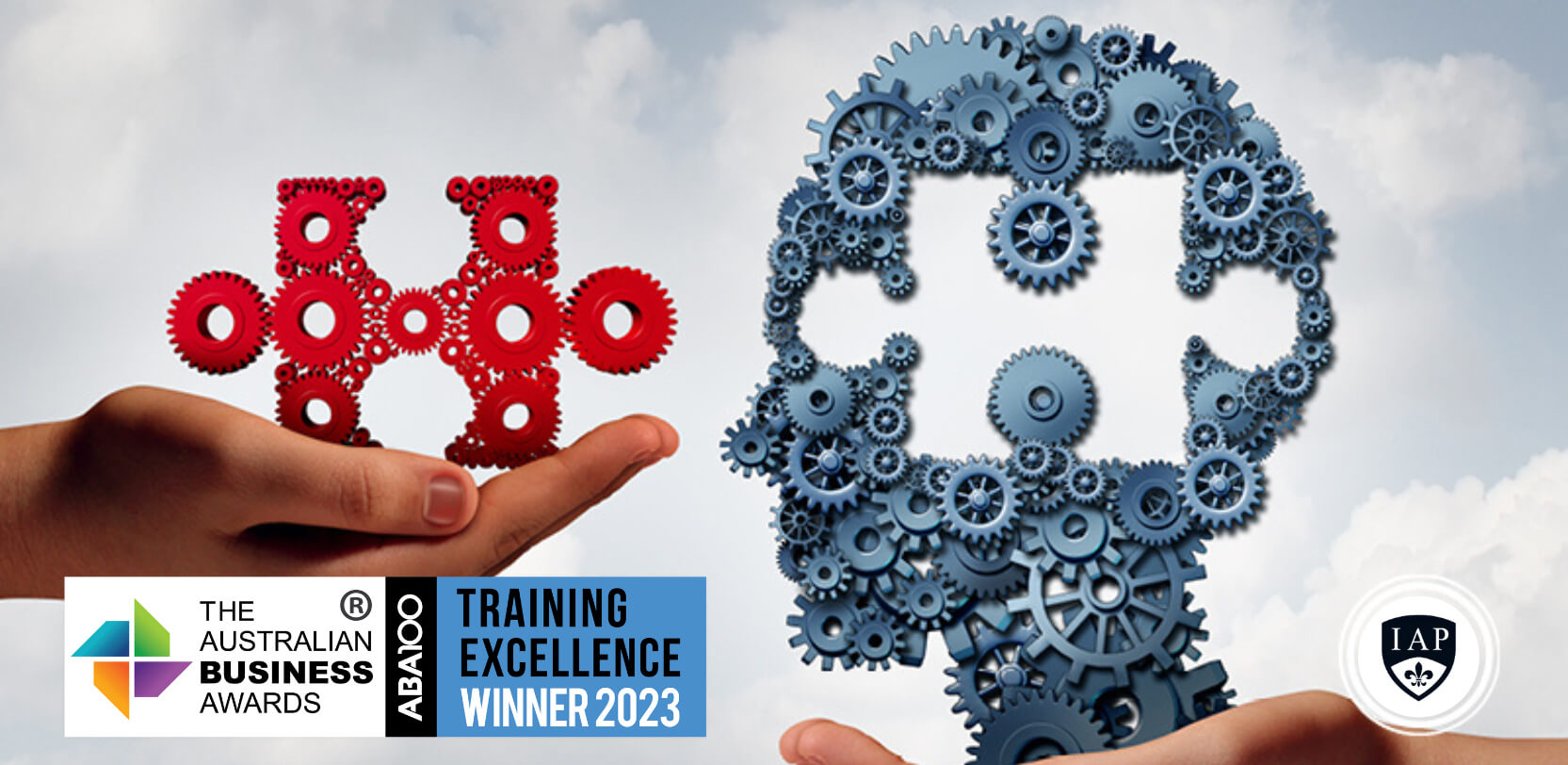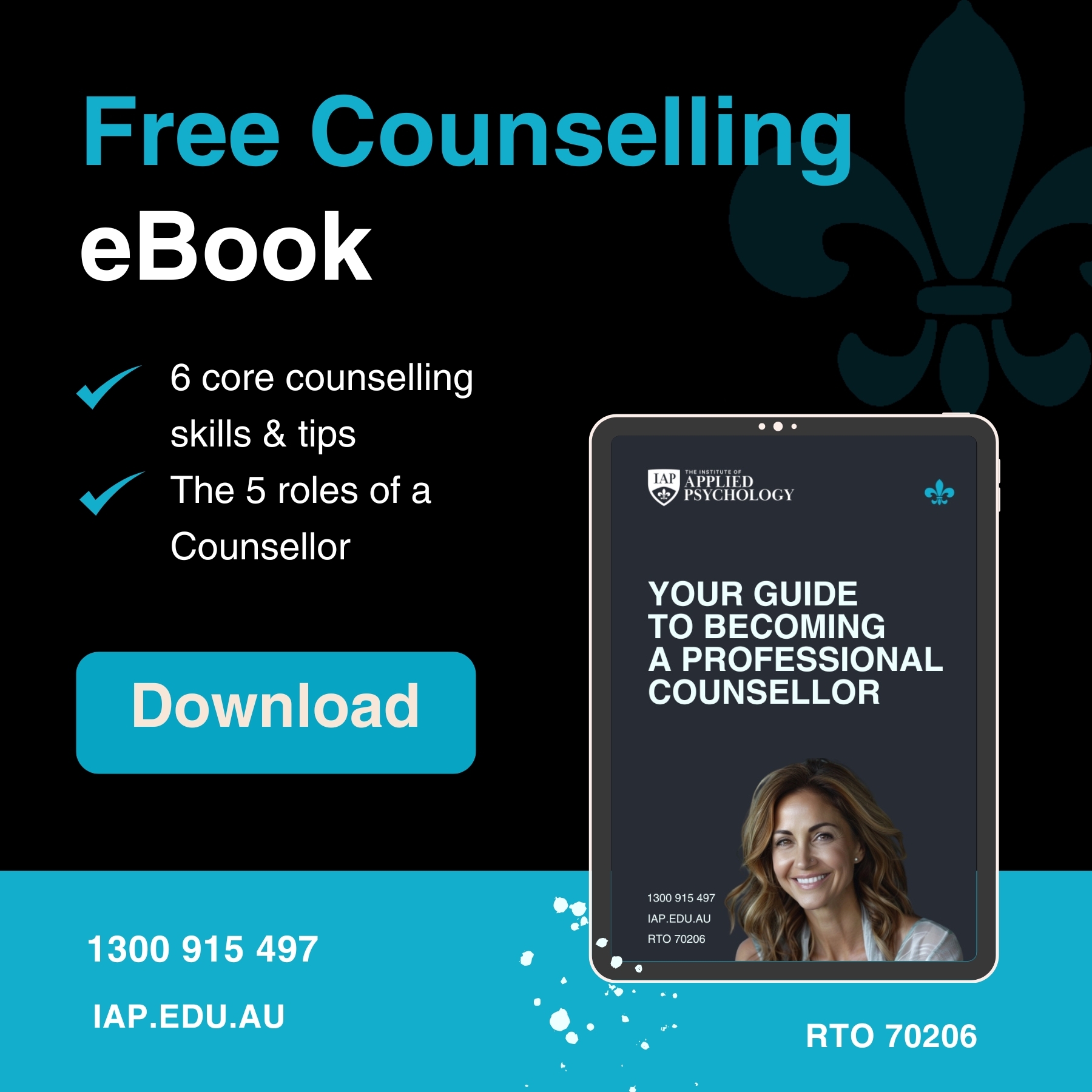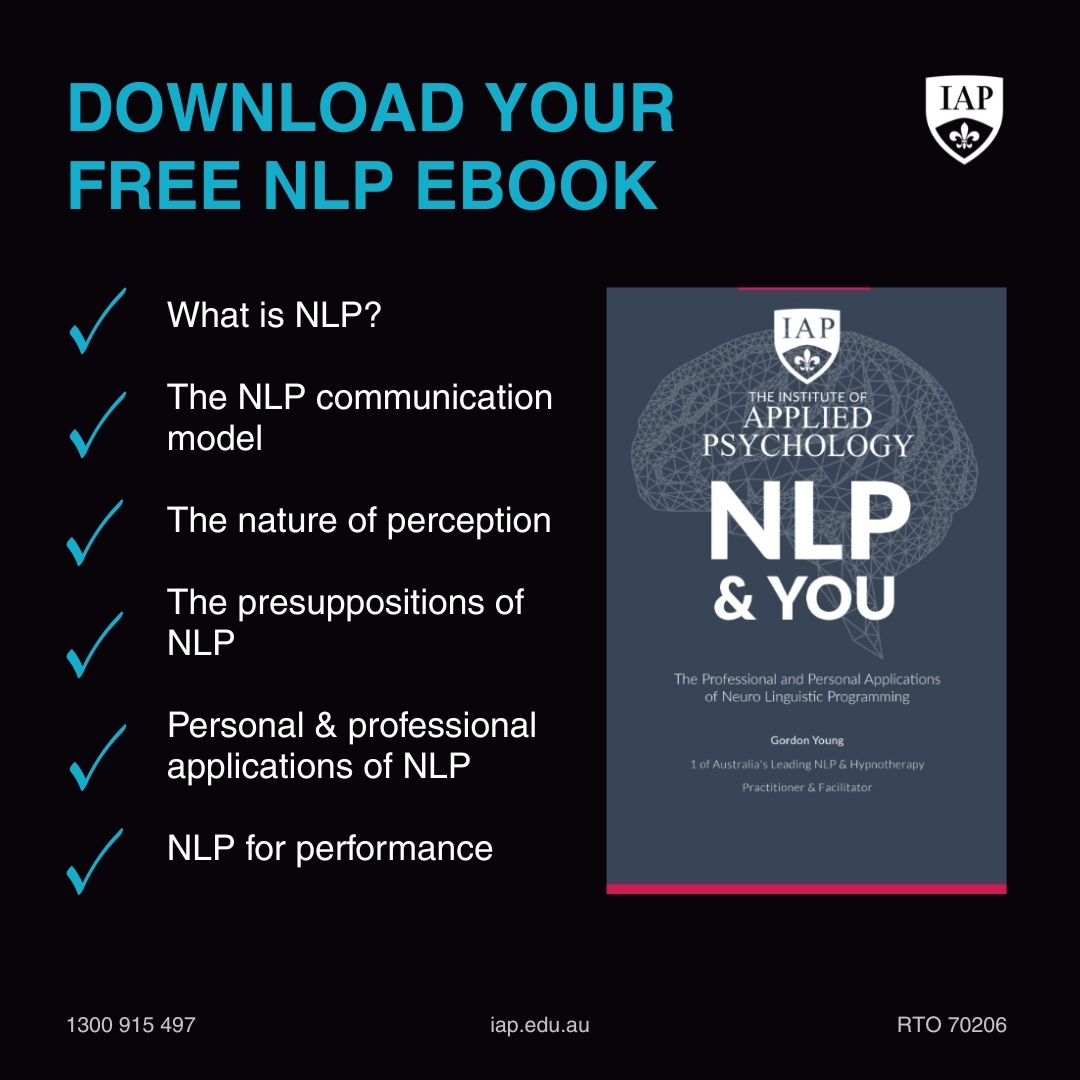6 Ways Counsellors Understand Depression and Help Positively Change Lives
Introduction
Depression and anxiety are prevalent mental health conditions affecting millions worldwide. In Australia, these issues are significant public health concerns. Understanding the signs and symptoms across different age groups, the statistical landscape, and the role of counsellors can help address and manage these conditions more effectively.
Signs of Depression and Anxiety Across Different Age Groups
Children (Ages 3-12):
- Depression: Children may exhibit irritability, sadness, withdrawal from activities they once enjoyed, and changes in appetite or sleep patterns. They might also have trouble concentrating and show a decline in academic performance.
- Anxiety: Look for excessive worry about academic performance, health, or family issues. Physical symptoms such as stomachaches or headaches, avoidance of social situations, and tantrums can also indicate anxiety.
Adolescents (Ages 13-18):
- Depression: Adolescents might show persistent sadness, irritability, feelings of hopelessness, and a lack of interest in activities. They may also experience changes in sleep and eating patterns, fatigue, and thoughts of death or suicide.
- Anxiety: Symptoms include excessive worry about future events, social situations, or health. Adolescents may also experience panic attacks, social withdrawal, and physical symptoms like headaches or gastrointestinal issues.
Adults (Ages 19-64):
- Depression: Common signs include persistent sadness, loss of interest in previously enjoyed activities, changes in appetite and sleep, fatigue, feelings of worthlessness or guilt, difficulty concentrating, and thoughts of death or suicide.
- Anxiety: Adults may experience constant worry or fear, restlessness, irritability, muscle tension, sleep disturbances, and physical symptoms like heart palpitations or dizziness.
Older Adults (65+):
- Depression: Older adults might show signs of sadness, loss of interest in life, sleep disturbances, weight changes, fatigue, and feelings of worthlessness. They may also suffer from memory problems or confusion.
- Anxiety: Anxiety in older adults can manifest as chronic worry, fear of falling, obsessive thoughts, and physical symptoms like increased heart rate or gastrointestinal problems.
Statistics on Depression and Mental Health in Australia
Mental health issues, including depression and anxiety, are widespread in Australia. According to the Australian Bureau of Statistics (ABS):
- Prevalence: Approximately one in seven Australians (about 3.2 million people) will experience depression at some stage in their lives. Anxiety disorders are even more common, affecting one in four Australians at some point.
- Gender Differences: Women are more likely to experience depression and anxiety than men. Around 18% of women and 10% of men report experiencing depression, while 32% of women and 20% of men report experiencing an anxiety disorder.
- Youth Mental Health: Mental health issues are particularly prevalent among young people. One in five adolescents aged 16-24 experiences a mental health condition in any given year.
- Suicide Rates: Tragically, Australia sees over 3,000 suicides each year. It is the leading cause of death for Australians aged 15-44. Approximately 75% of those who take their own lives are male.
Depression Counsellors
Depression counsellors play a vital role in helping individuals navigate the challenging journey of overcoming depression. These skilled professionals are trained to provide compassionate support and evidence-based interventions tailored to each client’s unique needs. When seeking a counsellor for depression, it’s essential to find someone who specialises in mood disorders and has experience in treating depressive symptoms. A depression counsellor can offer a safe, non-judgmental space for clients to explore their thoughts and feelings, develop coping strategies, and work towards positive change.
Through various therapeutic approaches, such as cognitive-behavioral therapy, mindfulness techniques, and interpersonal therapy, these dedicated professionals empower their clients to manage symptoms, improve their quality of life, and build resilience against future depressive episodes. If you’re struggling with depression, reaching out to a qualified depression counsellor can be a crucial step towards reclaiming your mental health and well-being.
How a counsellor Can Help Someone with Depression
Counsellors play a vital role in helping individuals manage and overcome depression. Their support can be multifaceted:
- Identify: Counsellors can help identify depression and its contributing factors and determine the most appropriate course of action.
- Coping Strategies: counsellors help clients develop effective coping strategies to manage stress, improve problem-solving skills, and enhance resilience.
- Support and Empathy: Providing a non-judgmental and empathetic environment, counsellors offer emotional support that can be crucial for someone experiencing depression.
- Medication Management: Counsellors can collaborate with medical professionals to help monitor the effectiveness of prescribed medications and manage any side effects.
- Lifestyle Modifications: Encouraging changes in lifestyle, such as regular exercise, a healthy diet, and improved sleep hygiene, can significantly impact mental health.
- Crisis Intervention: For individuals at risk of suicide or self-harm, counsellors can offer immediate support and connect them with crisis intervention services.
The Demand for Therapists in Australia
The demand for mental health professionals in Australia has been growing steadily due to the increasing awareness of mental health issues and the rising prevalence of conditions such as depression and anxiety.
- Shortage of Professionals: There is a notable shortage of qualified mental health professionals in Australia, particularly in rural and remote areas. This shortage has led to long waiting times for those seeking help.
- Increased Funding: The Australian government has recognised the need for more mental health services and has increased funding for mental health initiatives. However, the demand still outstrips the supply of trained professionals.
- Workforce Expansion: Efforts are underway to expand the mental health workforce. This includes increasing the number of training programs for counsellors, psychologists, and psychiatrists, as well as providing incentives for professionals to work in underserved areas.
- Telehealth Services: The adoption of telehealth services has improved access to mental health care, especially for those in remote areas. Telehealth can help bridge the gap, but the need for face-to-face counselling remains significant.
Becoming an ACA and IAC Recognised counsellor
For those passionate about making a positive impact on people’s lives and mental health, pursuing a career as a counsellor can be a fulfilling path.
To become a counsellor, enrol in an applied psychology course such as:
Once you’ve completed a certificate or diploma you can enrol in a graduate diploma such as the graduate diploma of relationship counselling.
The CHC51015 Diploma of Counselling offered by IAP.edu.au provides an excellent opportunity to achieve this goal. Here’s how you can become a recognised counsellor:
- Enrol in the CHC51015 Diploma of Counselling: This comprehensive course covers essential counselling skills, therapeutic approaches, and ethical practices. It is designed to equip students with the knowledge and competencies needed to support clients dealing with various mental health issues effectively.
- Study Duration: The diploma can be completed within two years, making it an efficient pathway to entering the counselling profession.
- Recognition: Upon completing the course, graduates are eligible for recognition by the Australian Counselling Association (ACA) and the International Association of Counsellors (IAC). This recognition enhances credibility and employability in the mental health field.
- Career Impact: As a recognised counsellor, you will be well-prepared to help individuals manage and overcome depression, anxiety, and other mental health challenges. Your work can significantly contribute to improving mental health outcomes and reducing the incidence of suicide.
By studying at IAP.edu.au, you can develop the skills needed to make a real difference in people’s lives and promote mental health and well-being in your community.
Conclusion
Depression and anxiety are serious mental health issues affecting millions of Australians across all age groups. Recognising the signs and symptoms early, understanding the statistical landscape, and knowing how counsellors can help are crucial steps in addressing these conditions. With the increasing demand for mental health professionals, it is imperative to continue expanding and improving mental health services to ensure that everyone in need can receive timely and effective support. By doing so, we can help reduce the incidence of depression, prevent suicide, and promote a healthier, more resilient society.
If you are inspired to help others and positively impact mental health, consider enrolling in the CHC51015 Diploma of Counselling at IAP. Within just two years, you can become a recognised counsellor, ready to support individuals in overcoming their mental health challenges and leading more fulfilling lives.
If you want to learn about becoming a Counsellor and helping people, call us on 1300 915 497 or click here to download the course brochure.








